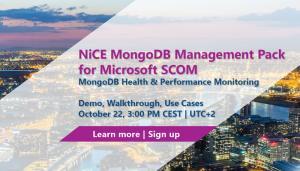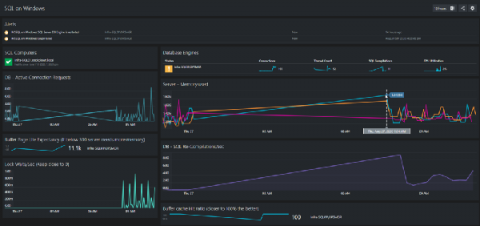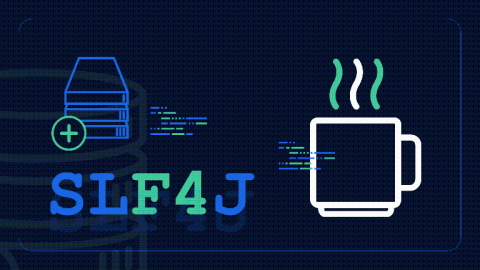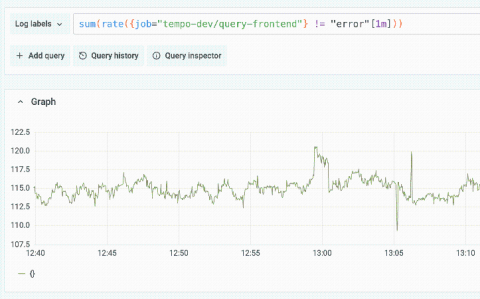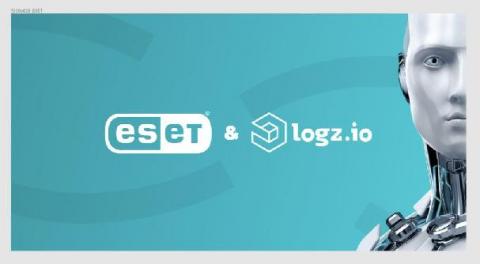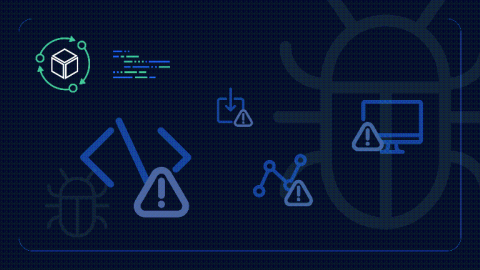NiCE MongoDB Management Pack for Microsoft SCOM
Cloud application requirements have pushed beyond the limitations of relational database management systems. This rising demand for managing unstructured data, along with the growing need for data analytics, has caused significant market growth in the NoSQL database sector. MongoDB, as one of the classical NoSQL databases, is a powerful tool helping companies align with new cloud-based business strategies. With great power comes great responsibility.


